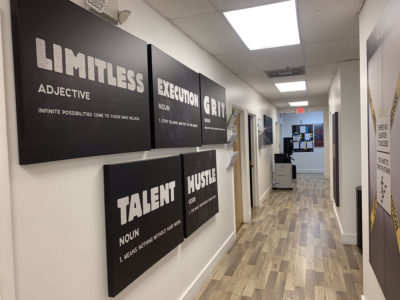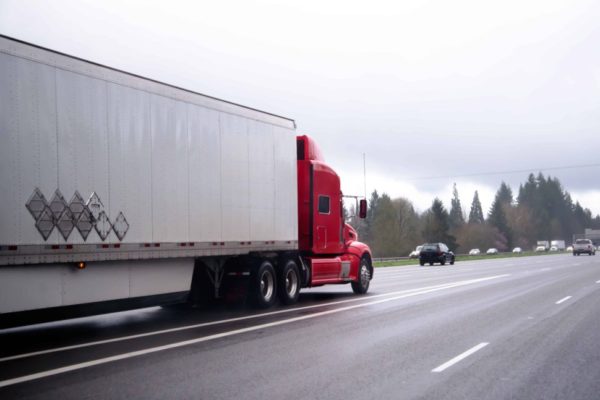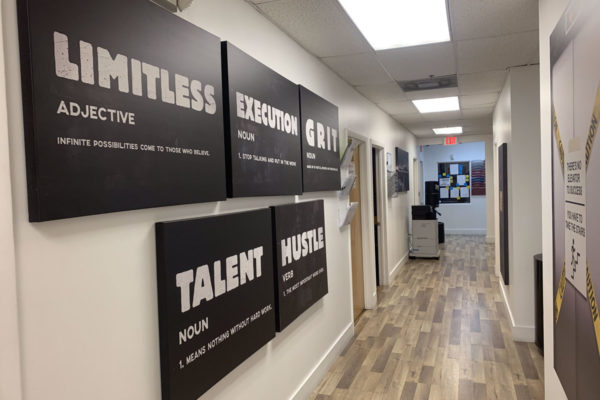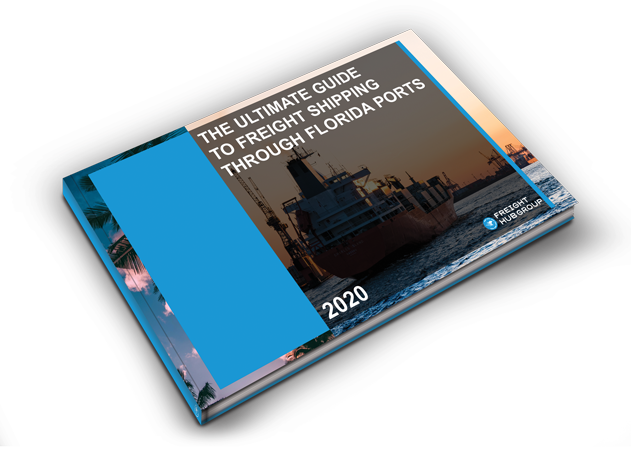A 3PL (Third-Party Logistics) is a company that provides a service to help e-commerce businesses manage their inventory and logistics. The most common 3PL services include warehouse and inventory management, order fulfilment, shipping management, and retail distribution.
By coordinating with a 3PL, it allows a company to focus on running other aspects of their day-to-day business.

To streamline the process and avoid managing your own warehouses and distribution, you can store your product inside of a 3PL company’s warehouse by having it shipped directly from your supplier or manufacturer. When your customer makes a purchase, the order is then automatically shipped from the 3PL’s warehouse, therefore providing a seamless and stress-free process in your supply chain.
Due to the process being so simple and seamless with a 3PL, your customers never need worry about the steps between placing orders and fulfilment. This therefore frees up e-commerce businesses to focus on other important aspects such as development, marketing and sales.
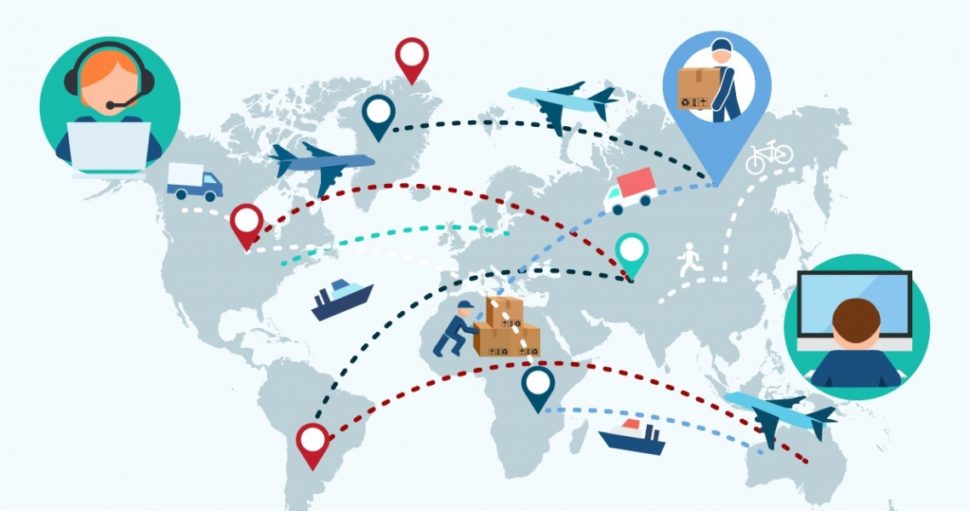
3PL’s are – and continue to be – the lifeline that has allowed e-commerce businesses to survive, and even thrive, during supply chain crises.
TOP 3PL FULFILMENT SERVICES
When choosing a 3PL, here are the most important services to be looking for. While this is in no way an exhaustive list, it is definitely some of the most standard and important services to look for when choosing a 3PL for your ecommerce business.
Warehousing and inventory management
The 3PL should provide warehouse space for you inventory as well as have a software system in place to provide inventory management.
Knowing the areas where most of your customers live is, it’s useful to know where the 3PL’s warehouses are situated nearby. This will allow you to provide faster shipping times by keeping your products within designated shipping zones.
Based on where your orders are coming from, a good 3PL will relocate your stock. This will ensure that your product is always at the closest possible warehouse to your customer and able to reach them in the shortest time.
Fulfilment and order management
A strong order management system (OMS) should be used by your chosen 3PL in order to keep track of stock levels across all warehouses in order to get your product into your customers hands, fast. When integrated with your own software, you will be able to retain management of your fulfilment and shipping.
Shipping coordination
3PL’s will either have their own fleet used for fulfilling and shipping orders, or they will work with trusted and established carriers. Most 3PL’s are able to fulfil shipping promises (such as same-day or two-day delivery), and this is proven to drive conversions at check-out.
Order tracking
After a customer places an order, the 3PL will send an order conformation to them, as well as confirming the shipping and delivery of the products.
Returns and reverse logistics
No one wants to have to deal with returns, but a good 3PL will also manage the return and exchange processes, alongside the customer service that comes with it.
International logistics
Lastly, if you are wishing to scale globally, choosing a 3PL with locations across the world can definitely aid in reducing the costs and difficulties of taxes and cross-border shipping. With global trade arrangements subject to sudden changes in this ever-changing world, a 3PL will stay up to date with these changes and save you from having to navigate new and often complex trade policies.
WHAT ARE THE BENEFITS OF USING A 3PL COMPANY?
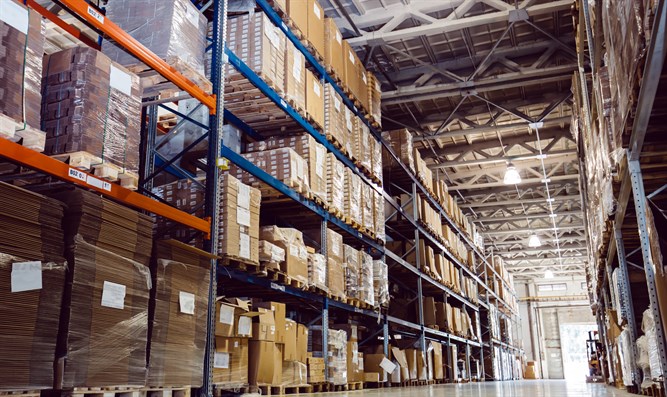
By working with a 3PL, you will be outsourcing your logistics tot experts in fulfilment and shipping.
Outsourcing your shipping and fulfilment needs to a 3PL will enable you to do what you do best and focus on other aspects of running your e-commerce business. In allowing a 3PL to manage your shipping and fulfilment, and placing its management in the hands of logistics specialists, you will have more time to develop the bigger picture strategy for your business.
Ability to easily launch in new domestic and international markets
The ability to expand into international markets requires a 3PL network with global reach, often confusing documentation, and additional charges. By working with a 3PL, you can easily navigate the legalities and make use of infrastructure abroad all without a huge amount of risk to your business.
For example, if you’re a United States based seller and want to sell your products in the United Kingdom, you are able to store a small batch of stock in the country using a 3PL warehouse. This can remove the complexity of learning about local real estate and labour laws while you test whether the market is even viable long term.
By outsourcing these responsibilities, it is also possible to accelerate delivery times, improve your customers satisfaction, and reduce shipping costs—three massive wins certain to have a positive impact on your conversions and profits.
Freeing up capital otherwise used for warehouse spaces
If you are wanting to set up your own chain of warehouses and distribution centres, be aware that these high costs aren’t set to reduce anytime soon. Warehouse rents are only set to increase, and with a deficit of warehouse space, the price of these storage facilities is only set to escalate further.
In comparison, 3PLs already have their own storage facilities, and higher volumes of orders from their retail partners enables them to keep their warehouse spaces. By not having your own warehouse spaces, you will have more capital to funnel directly into generating more returns and further growing your business.
Reduced overhead costs

Without investing large sums of your own cash into buying warehouses and developing your own warehouse automation technology, you can rely on a 3PL and its skilled warehouse staff to undertake these tasks instead. 3PLs using robotic machinery to pack orders means that the human staff are not needed to fulfil orders and can be allocated to more important tasks. Whereas staff will need to take breaks, the machinery can operate 24/7 meaning that you can benefit from later order cut offs for immediate shipping. Some 3PL warehouses are even completely automated!
Carrier rates are another area of potential cost savings. The cost of shipping is generally lower through 3PLs due to the fact that they are able to negotiate rates better. Those savings can then be passed down to customers by offering the benefit of free shipping for example.
Protection against global supply chain disruptions
Utilising existing networks of warehouses and fulfilment centres across the globe and pre-negotiated contracts with carriers, 3PLs are less vulnerable to issues affecting global shipping and fulfilment. Due to 3PLs typically enjoying business relationships with multiple carriers, the risk of disruptions is reduced by creating a buffer against shipping surcharges.
Conclusion
3PL companies are increasingly investing in their own delivery vehicles which can support more deliveries in shorter distances. This in turn ensures that the supply chain remains open and free of blockages.
By having their own vehicle fleets, 3PLs have more control over their shipping and has proven to have been a successful strategy in maintaining customer satisfaction.


